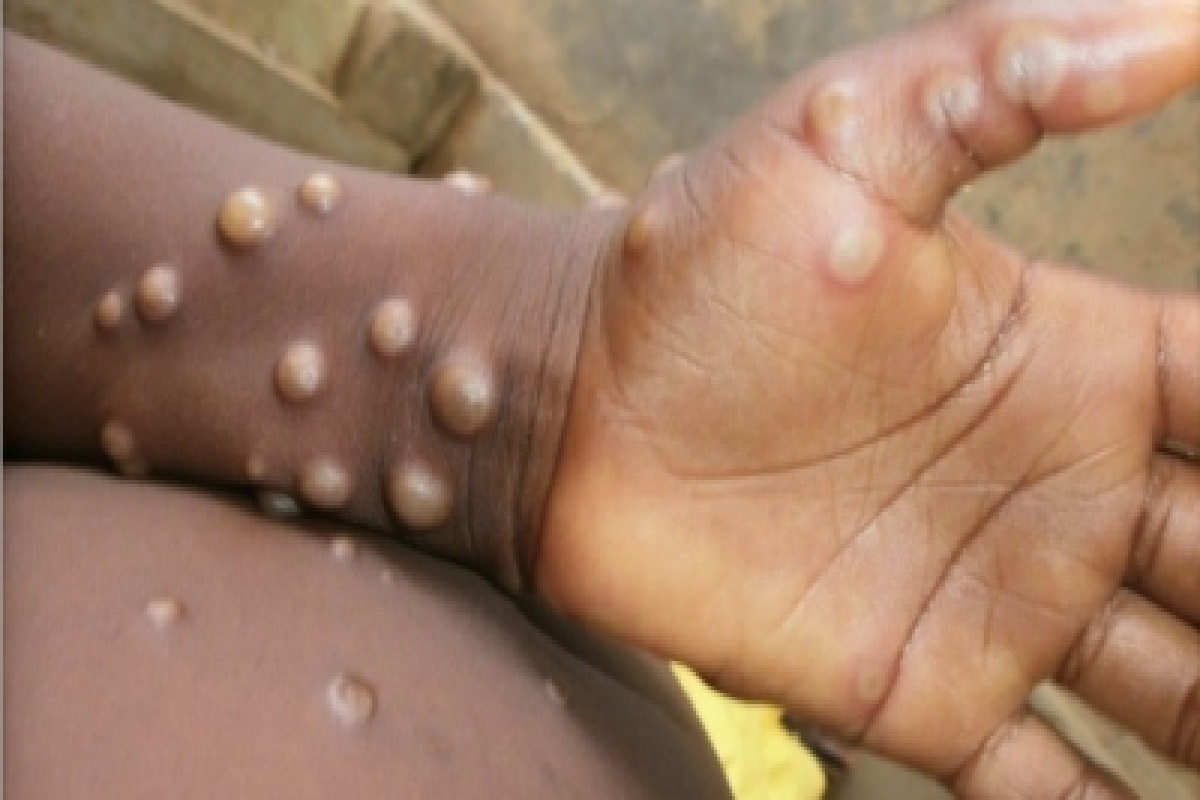More than 80 cases of monkeypox have been confirmed in at least 12 countries, the World Health Organization (WHO) announced.
The WHO said another 50 suspected cases are being investigated, without naming any countries, and warned that more cases are likely to be reported.
Advertisement
Infections have been confirmed in nine European countries, as well as the US, Canada and Australia, the BBC reported citing the global health body as saying.
Monkeypox is most common in remote parts of Central and West Africa.
It is a rare viral infection which is usually mild and from which most people recover in a few weeks, according to the UK’s National Health Service.
The virus does not spread easily between people and the risk to the wider public is said to be very low.
There is no specific vaccine for monkeypox, but a smallpox jab offers 85 per cent protection since the two viruses are quite similar, BBC reported.
So far, public health agencies in Europe have confirmed cases in the UK, Spain, Portugal, Germany, Belgium, France, the Netherlands, Italy and Sweden.
The WHO said on Friday that the recent outbreaks “are atypical, as they are occurring in non-endemic countries”.
It said it was “working with the affected countries and others to expand disease surveillance to find and support people who may be affected”.
The WHO also warned against stigmatising groups because of the disease, the BBC reported.
“It can be a barrier to ending an outbreak as it may prevent people from seeking care, and lead to undetected spread,” it said.
WHO’s Europe regional director Hans Kluge warned that “as we enter the summer season with mass gatherings, festivals and parties, I am concerned that transmission could accelerate”.
He added that all but one of the recent cases had no relevant travel history to areas where monkeypox was endemic.











